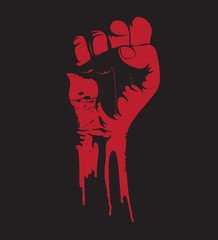I am bolding this next part because if you don’t hear any of the rest of this, please hear this:
99 cent and free ebooks are not glutting the ebook market. They are glutting the BARGAIN ebook market.
If you are selling to that market or you are a reader in that market, it’s very easy to imagine it’s the only market and OMG we all have to price at 99 cents because other people are MAKING US with their low-priced ebooks.
Not so.
My own experience corroborates Zoe here. I almost fell into this trap last year when I considered tinkering with the price of my fantasy novel, THE LAST KEY.
Should I go high or should I go low?
If I go high, I thought, why would anyone pay $4.99 for my book with all the 99-cent/free books out there?
But then I wondered, If I go low, how would anyone notice my book with all the 99-cent/free books out there?
I decided to go high and priced THE LAST KEY at $4.99 (a common price-point for novels with 75,000+ words). Since I did that in December, my sales rates have...stayed the same.
And that's good. It means I'm getting the same number of sales and making more money than when the book was priced lower. I may not be tapping into the BARGAIN market, but I am getting noticed by a different market. I like to think it's the LOVERS OF HIGH QUALITY FANTASY market...
Originally posted at Quarkfolio by Rob Steiner.
 It is done.
It is done.